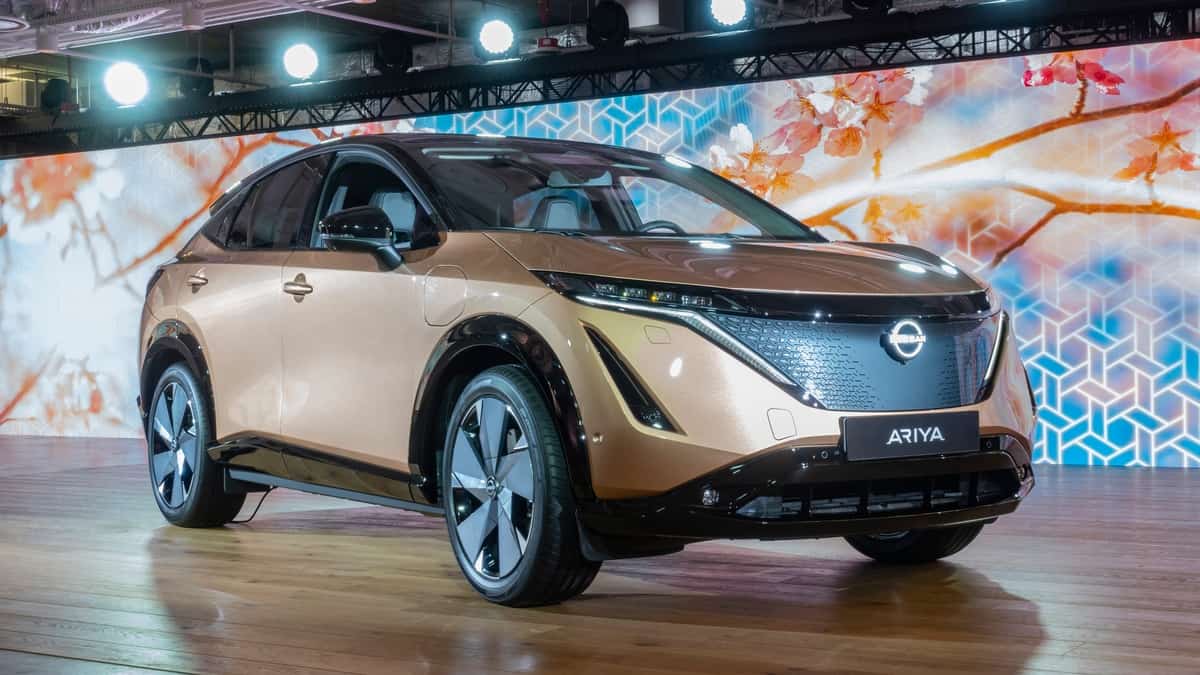Japanese legacy automaker Nissan is turning to gigacasting technology to cut costs and complexity in electric vehicle manufacturing, Automotive News reported.
Nissan follows Tesla’s lead in adopting large-scale casting
According to the report, Nissan plans to follow in Tesla’s footsteps in advanced manufacturing strategies to catch up in the electric vehicle market.
To be specific, the Japanese automaker is gearing up to employ gigacasting for large aluminium parts. Nissan plans to officially launch the manufacturing innovation by around 2027, coinciding with the debut of its new-gen modular EVs.
Nissan claims these upcoming EVs can strongly compete in the market with their major cost reduction and improved performance.
Reducing component costs by 10% and vehicle weight by 20%
Nissan believes it can reduce the cost of electric vehicle components by 10% using the Tesla-pioneered gigacasting process. Even more, the new production technique will enable an overall cost reduction of a remarkable 30%. It will enable the company to save about $1 billion in development costs for five future models.
In addition, the Japanese automaker seeks to reduce the overall weight of electric vehicles by as much as 20%.
According to Nissan’s Vice President Hideyuki Sakamoto, the company aims to utilize the enormous giga presses to build the rear underbody of its future EVs. As of now, the rear underbody consists of up to 100 parts. Instead of assembling many smaller parts, the new production technique will build them into single, giant pieces using aluminium casting in 6,000-ton presses.
However, these giga presses are smaller than the 9,000-ton Tesla utilizes from Italy’s IDRA.
Accelerating EV sales growth
Nissan’s move to shift to gigacasting can significantly aid its target of having battery-electric vehicles account for 40% of its overall sales by 2031.
It would reportedly include the highly awaited next-gen Nissan Leaf, which is expected to hit the market in 2025. It will undergo production in Japan and potentially at the retooled Sunderland factory in the UK.
The company is also betting on electric sedans, at is revealed two model concepts at the 2024 Beijing Auto Show.
Nissan is not the only automaker to embrace gigacasting technology. Volvo recently announced plans to employ the innovative production technique as early as next year. Other players, including Toyota, Ford, and Hyundai, are also eyeing the tech to improve their EV manufacturing operations.

